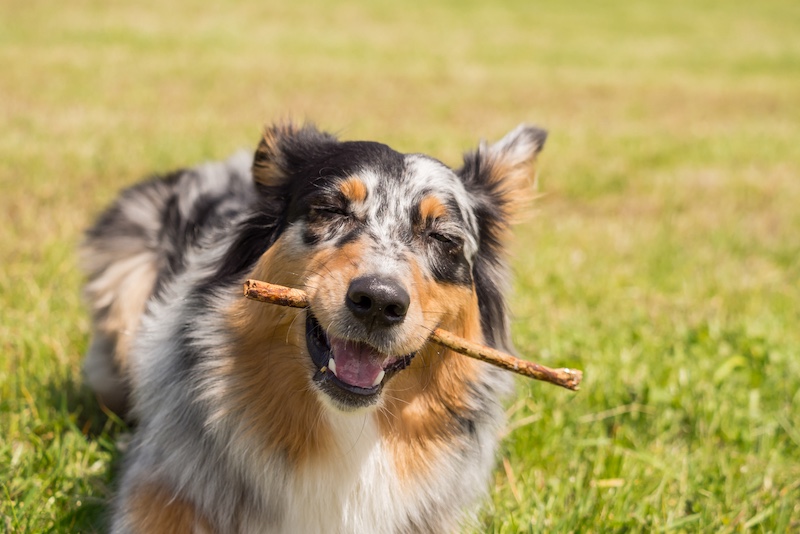Dogs are beloved for their unique personalities, but some breeds are more prone to nervous behaviors than others. Anxiety in dogs can stem from genetics, early experiences, or even environmental factors. Here, we explore ten dog breeds often associated with nervous tendencies and what you can do to support them.
1. Chihuahuas
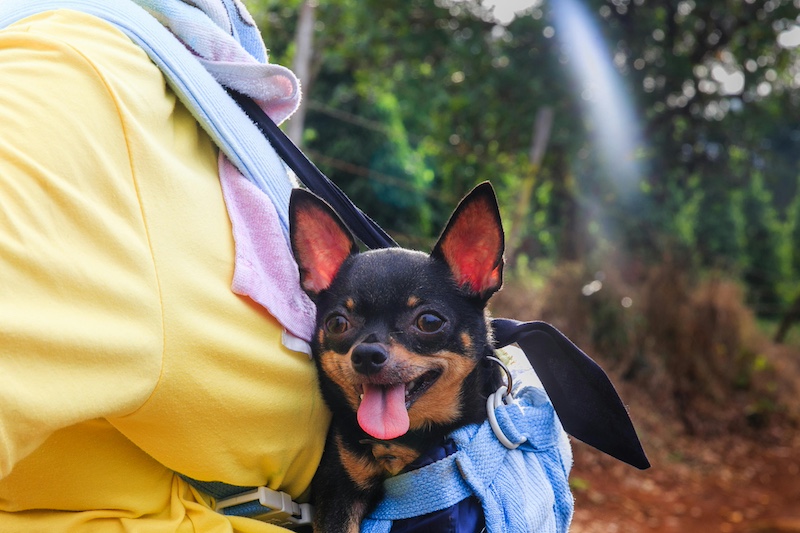
These tiny dogs often feel the world is a big, intimidating place. Chihuahuas are known to be hyper-alert and may exhibit nervous behaviors like trembling, excessive barking, or hiding. Proper socialization and positive reinforcement training can help build their confidence.
2. Border Collies

As one of the most intelligent breeds, Border Collies thrive on mental and physical stimulation. Without enough exercise or tasks to keep them busy, they may become anxious or display nervous energy. Enrichment activities and regular exercise are crucial to keeping this breed calm and content.
3. Dachshunds
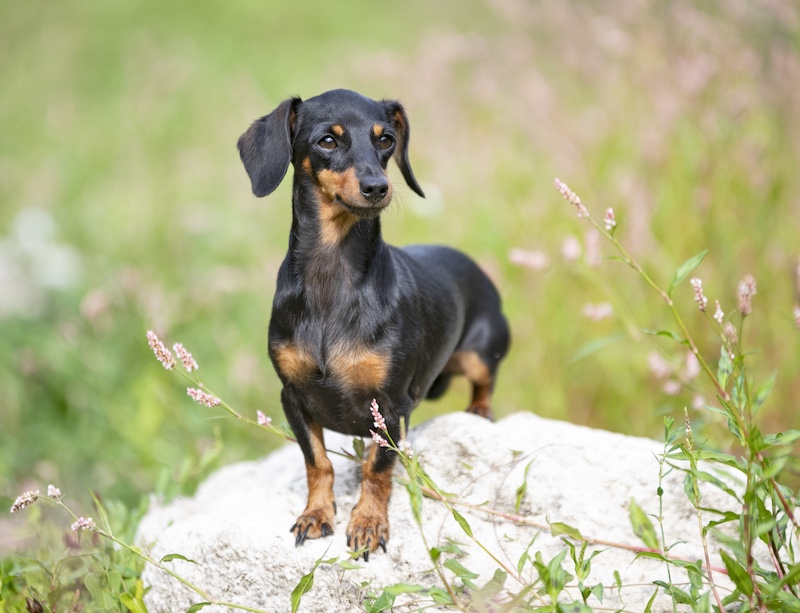
Originally bred as hunters, Dachshunds can be wary of strangers and new situations. Their sensitivity often manifests as separation anxiety, barking, or destructive behavior. Early socialization and crate training can help alleviate their stress.
4. Cavalier King Charles Spaniels

These affectionate dogs form deep bonds with their owners, making them prone to separation anxiety. Cavaliers may pace, whine, or become destructive when left alone for long periods. Providing them with a companion or training them to be more independent can ease their nerves.
5. Italian Greyhounds
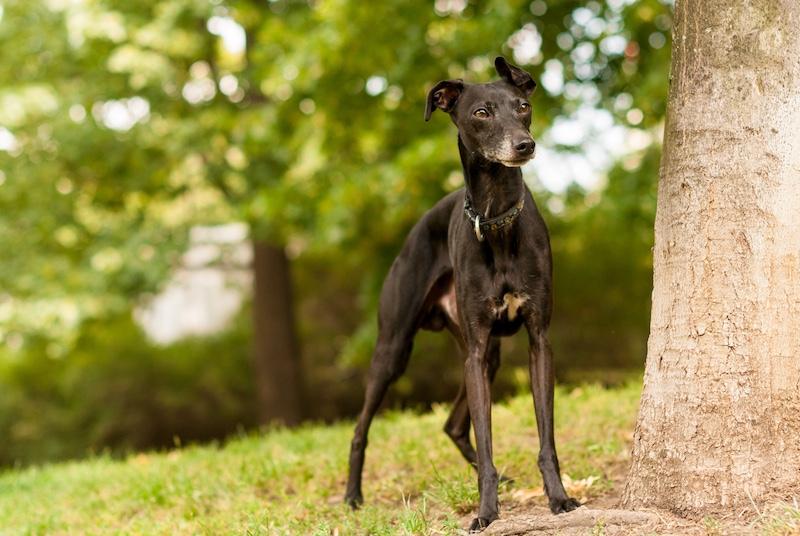
Italian Greyhounds are gentle and sensitive, which makes them more susceptible to nervous behaviors. Loud noises, sudden movements, or unfamiliar people can cause them to become skittish. A calm and predictable environment is essential for their well-being.
6. German Shepherds
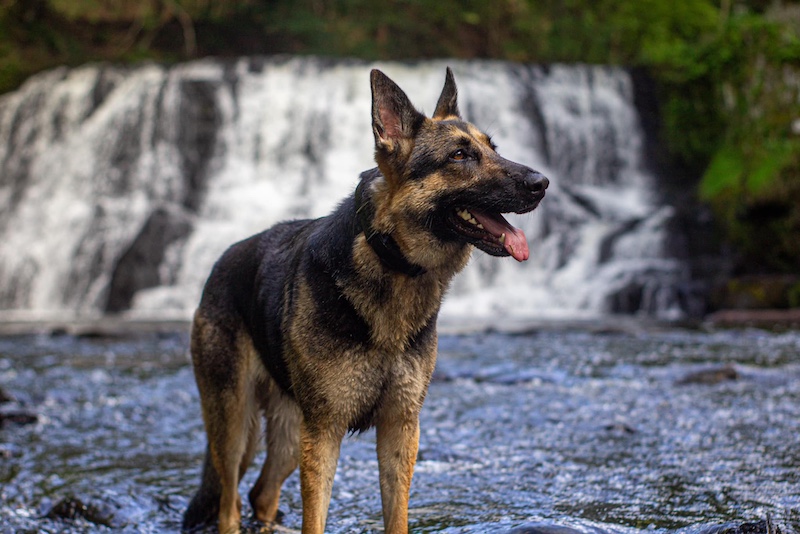
Despite their reputation as strong and capable working dogs, German Shepherds can develop anxiety, especially if not properly socialized. They may exhibit behaviors like pacing, whining, or aggression when nervous. Positive reinforcement training and early exposure to various environments can help them feel secure.
7. Yorkshire Terriers
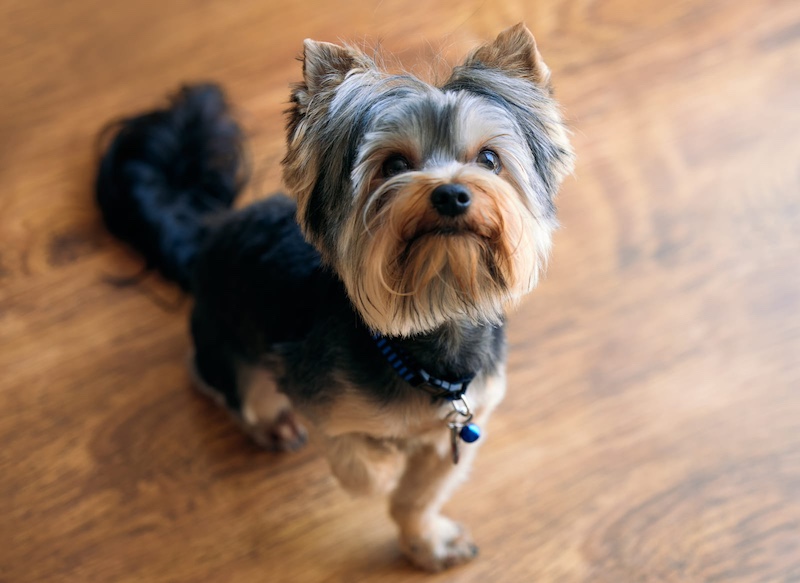
Yorkies are small but spirited dogs that often feel the need to assert themselves. Their nervousness can show through excessive barking or snapping, especially around larger dogs. Consistent training and reassurance can help them manage their anxiety.
8. Miniature Schnauzers

Miniature Schnauzers are known for their alert nature, which can sometimes make them prone to nervous behaviors. They may bark excessively or display signs of stress when they sense something unusual. Establishing routines and providing plenty of mental stimulation can help them feel more secure.
9. Australian Shepherds
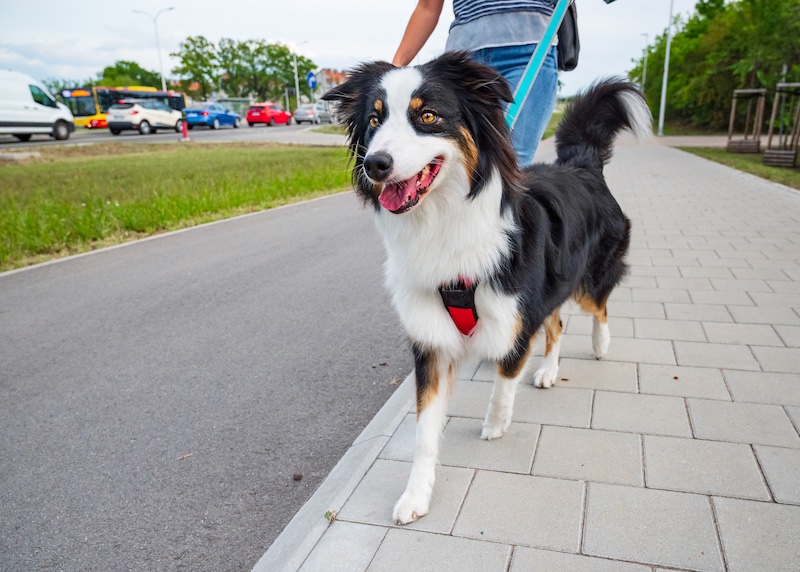
Like Border Collies, Australian Shepherds are intelligent and high-energy dogs. Without enough activity or stimulation, they may develop anxiety and nervous habits, such as chewing or digging. Regular exercise and interactive games can reduce their stress.
10. Cocker Spaniels

Cocker Spaniels are affectionate and people-oriented, which makes them susceptible to separation anxiety. They may bark, whine, or become destructive when left alone. Gradual desensitization to being alone and interactive toys can help manage their anxiety. Please Note: This content was created with the assistance of AI and thoroughly edited by a human before publishing.

